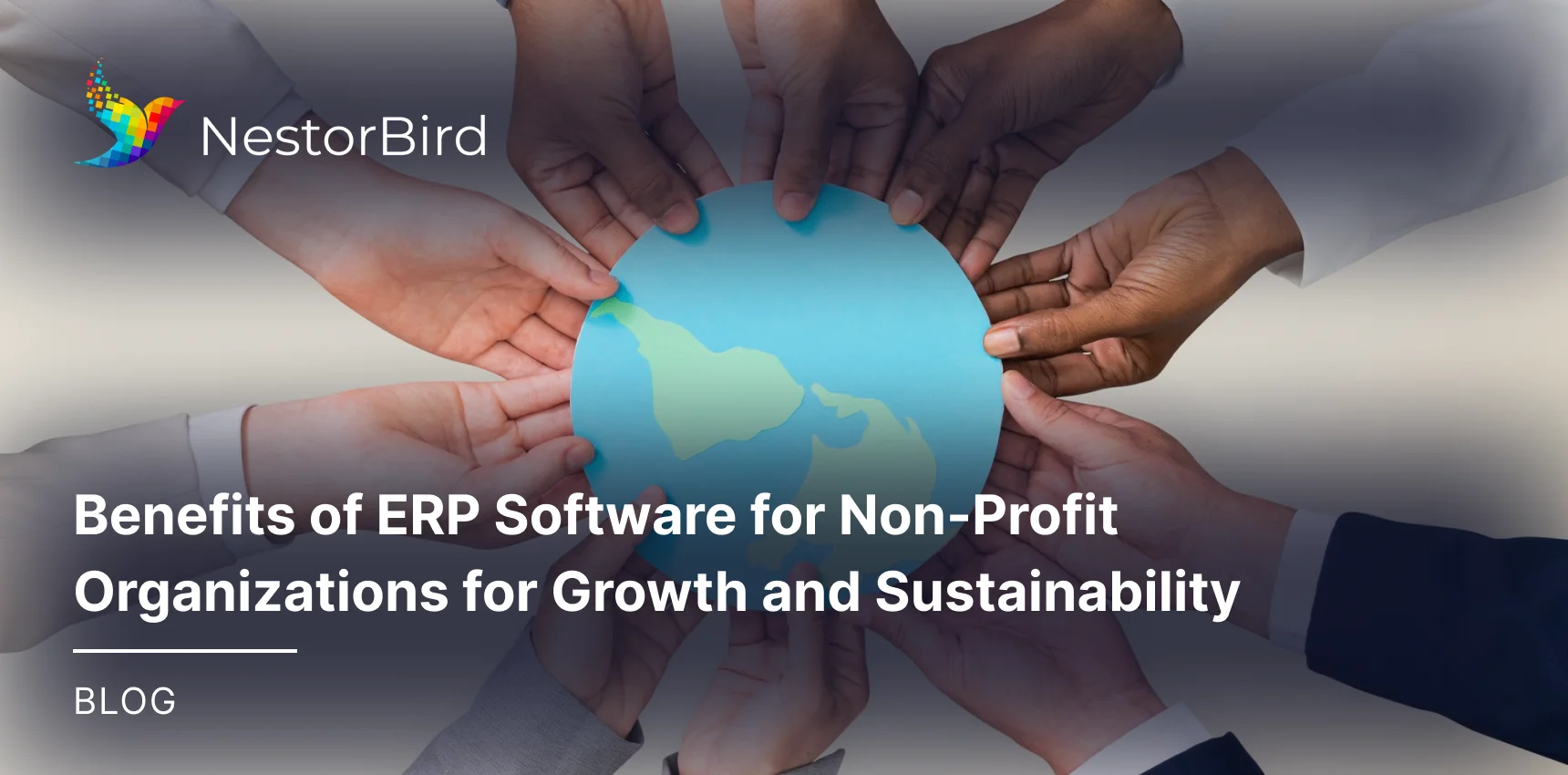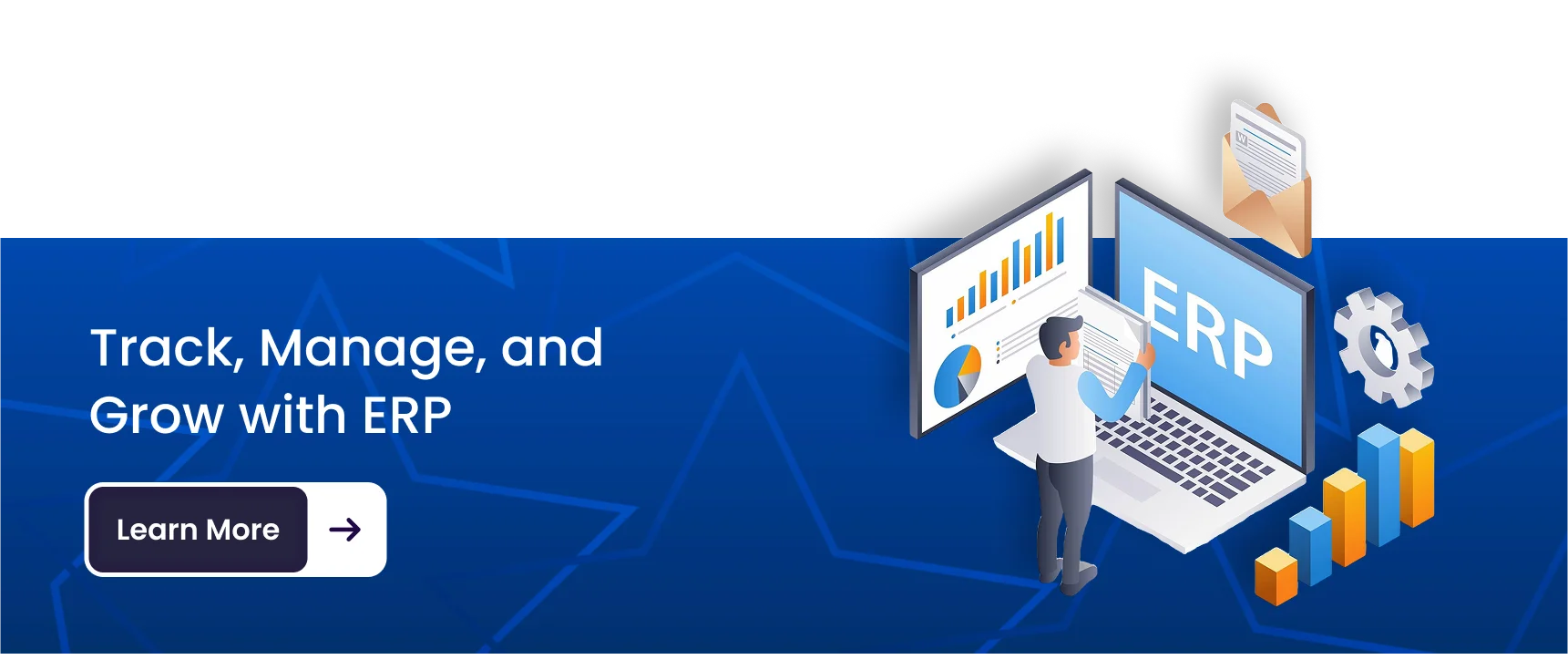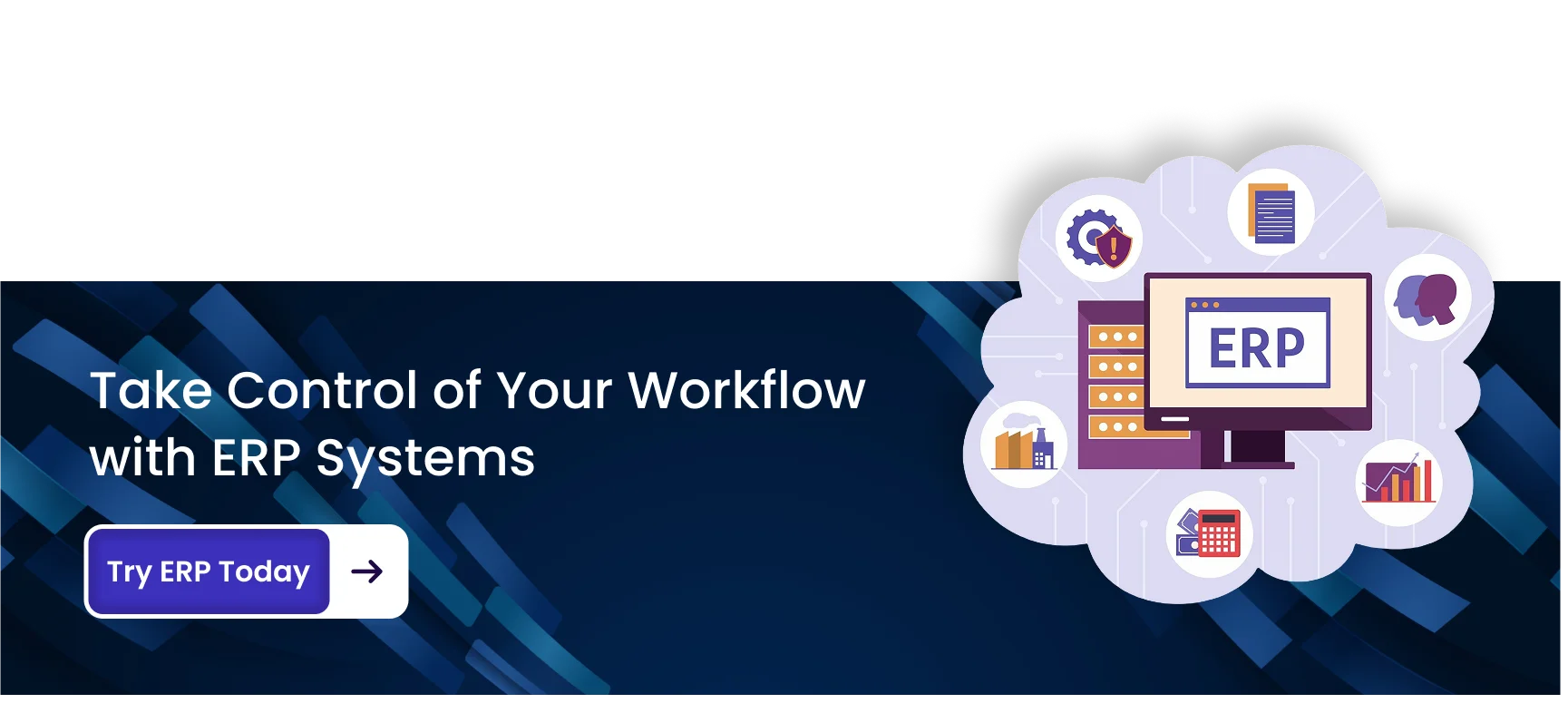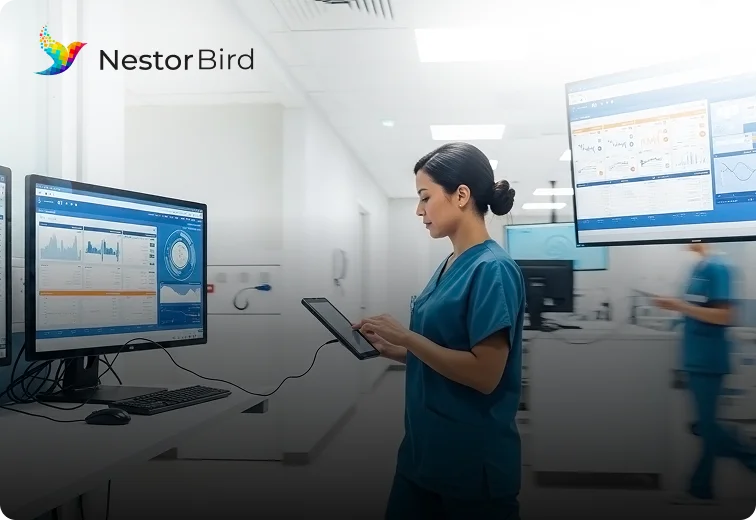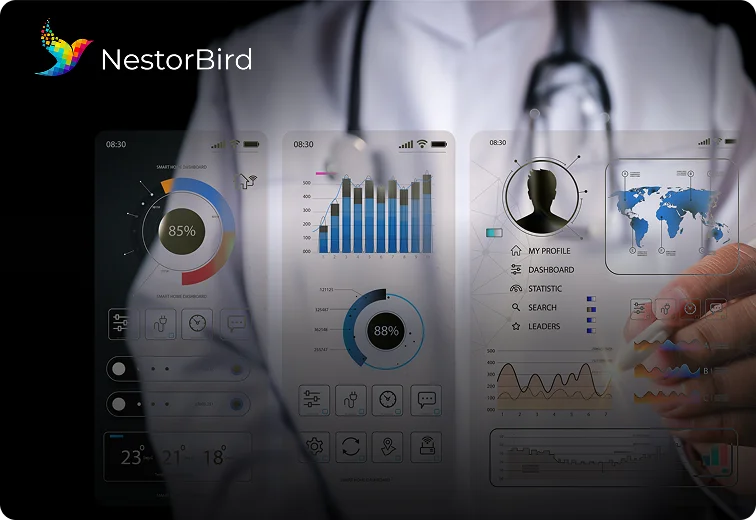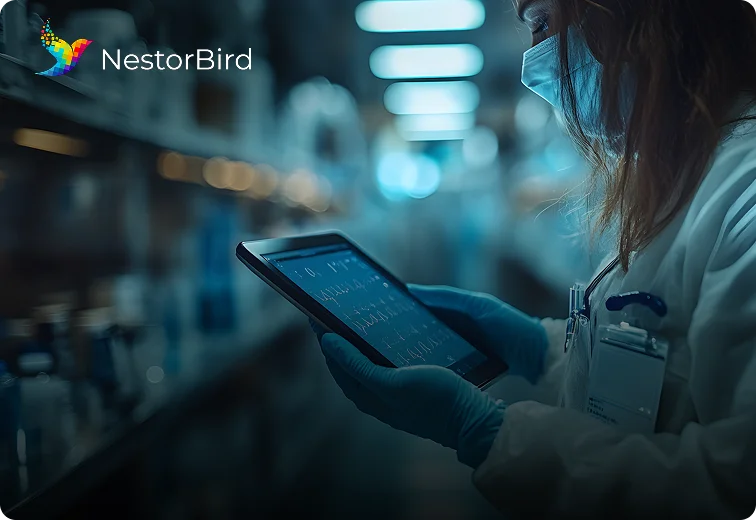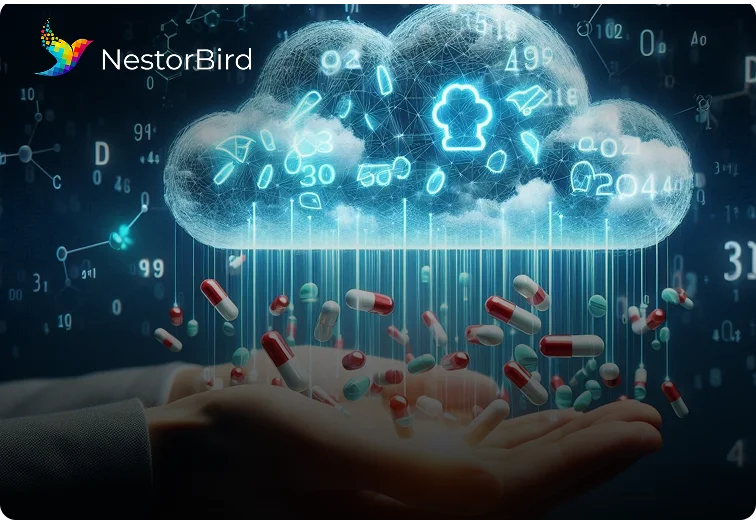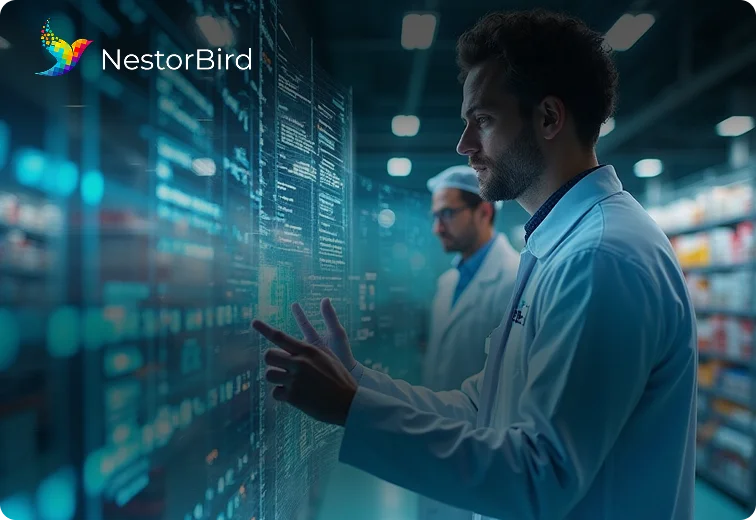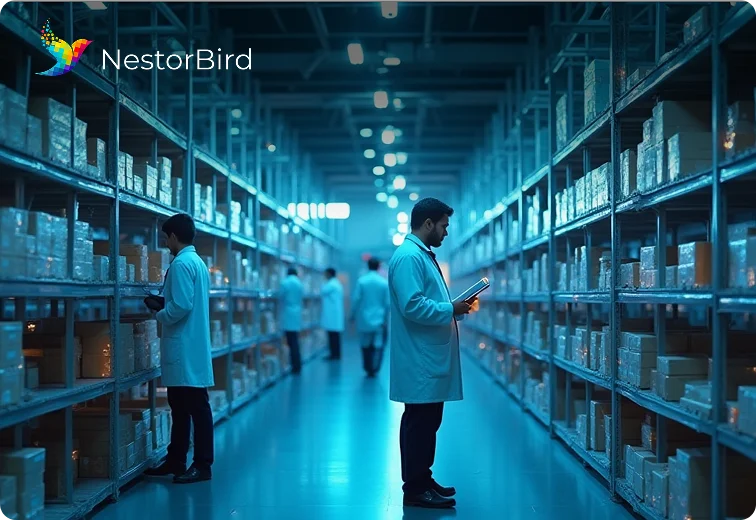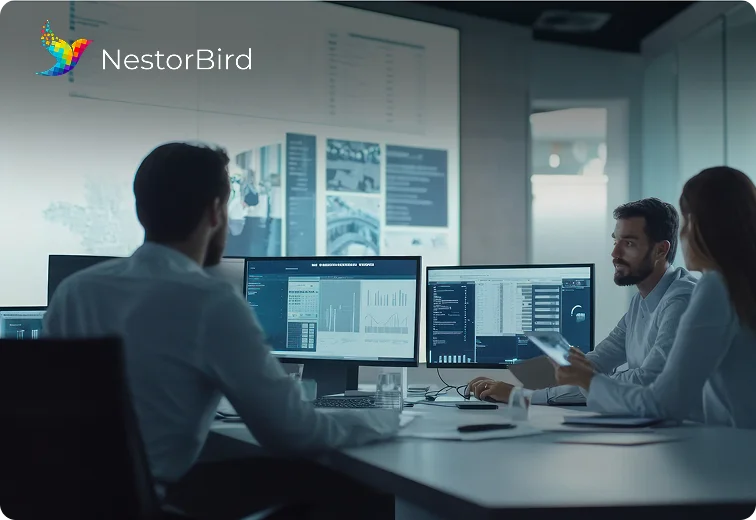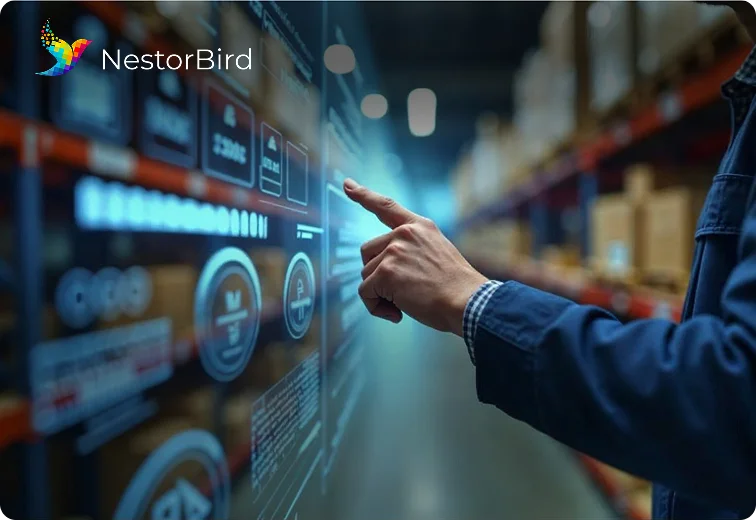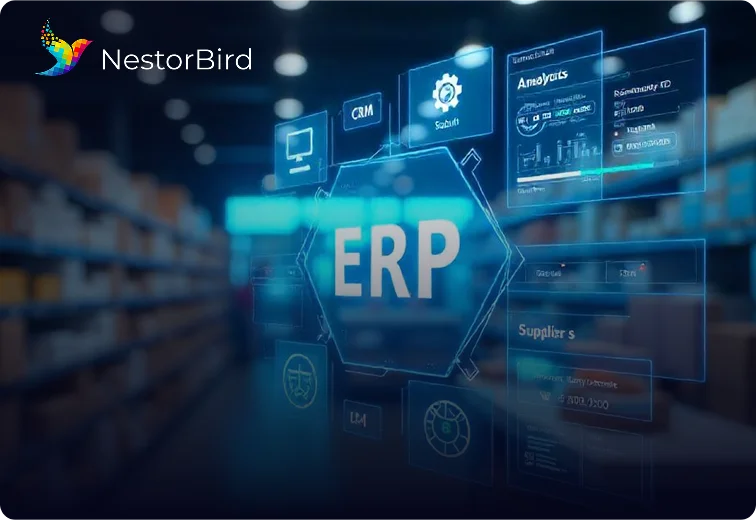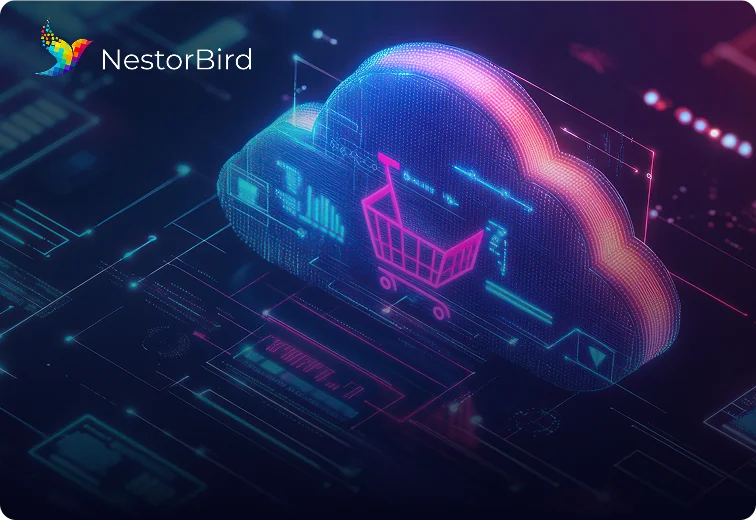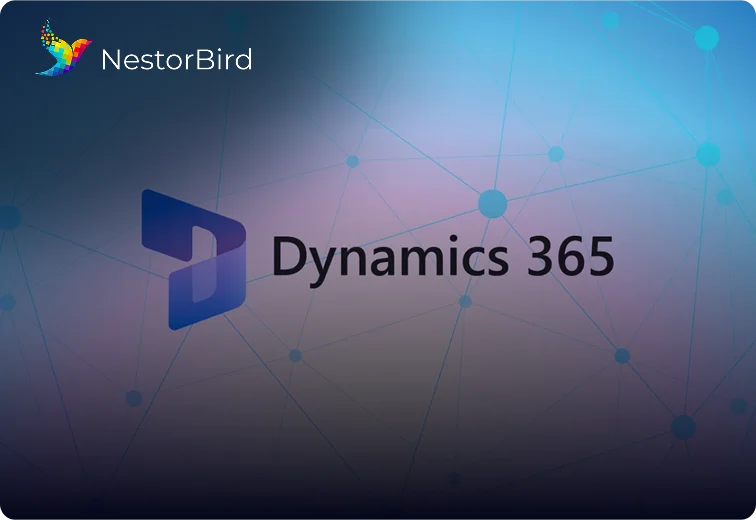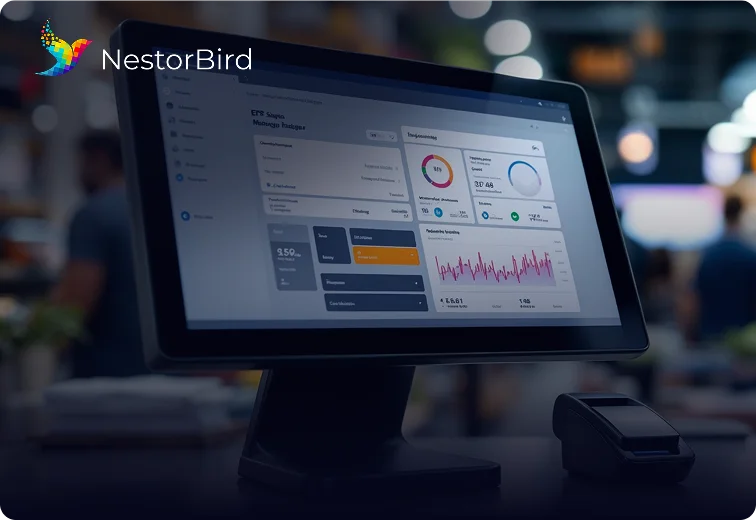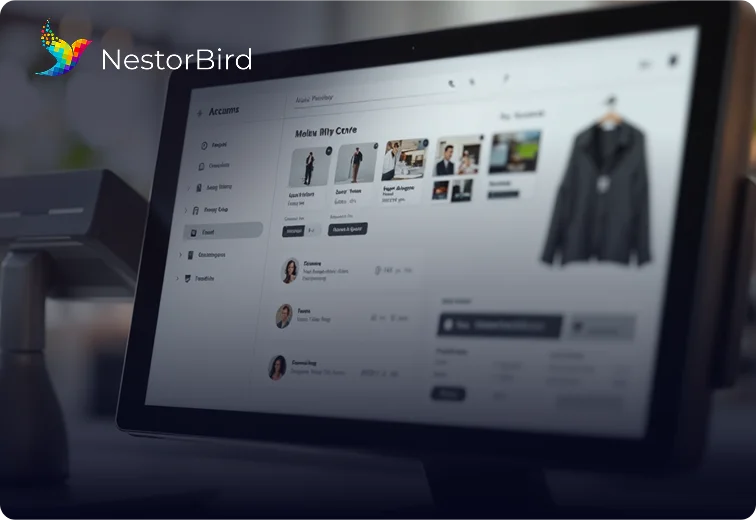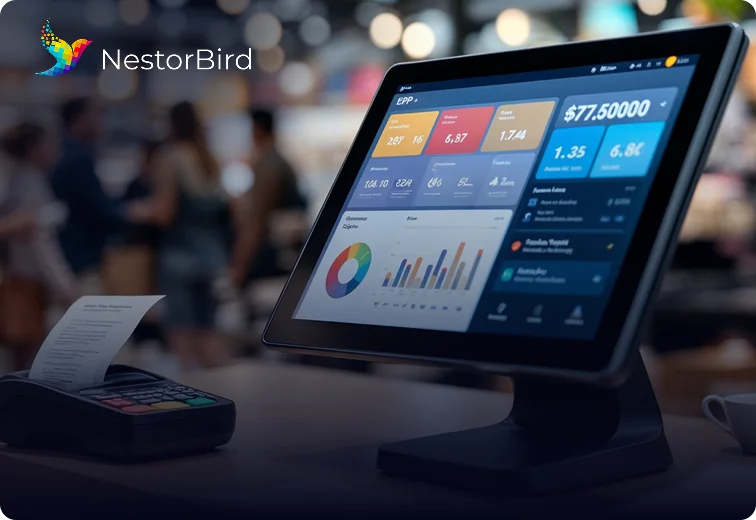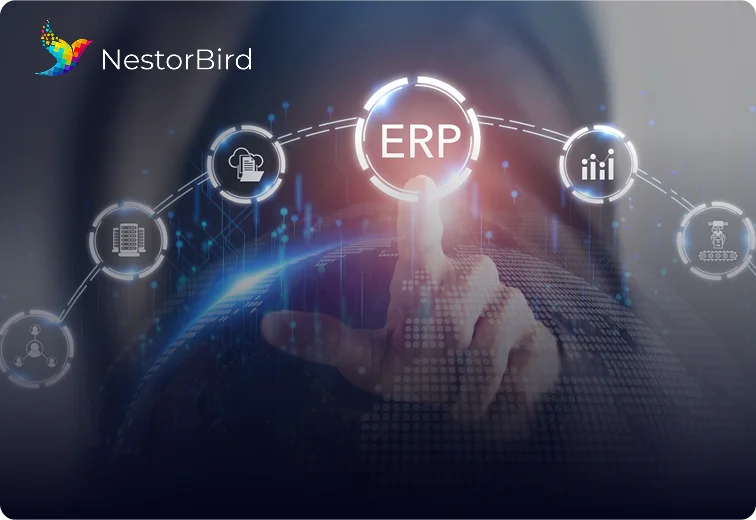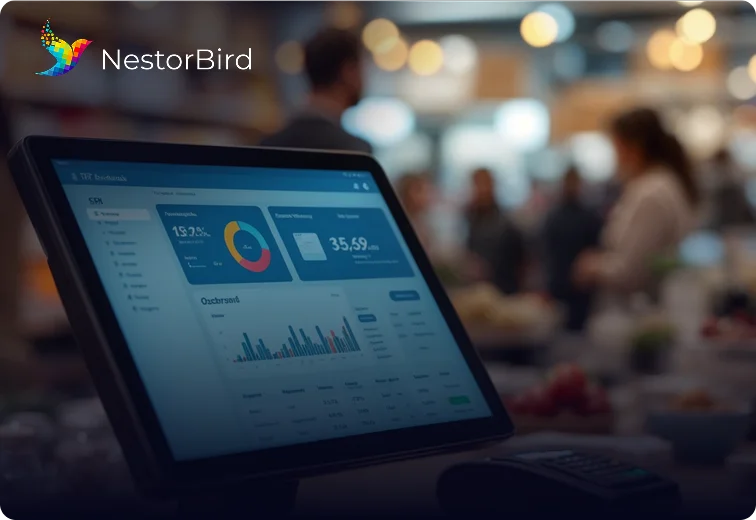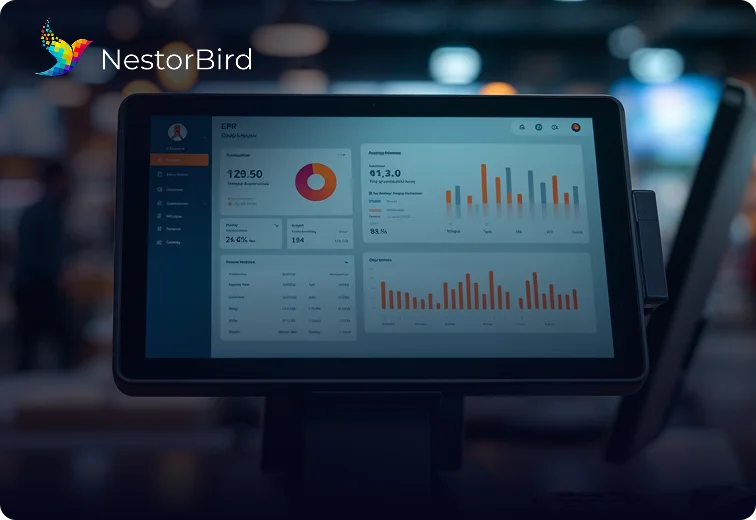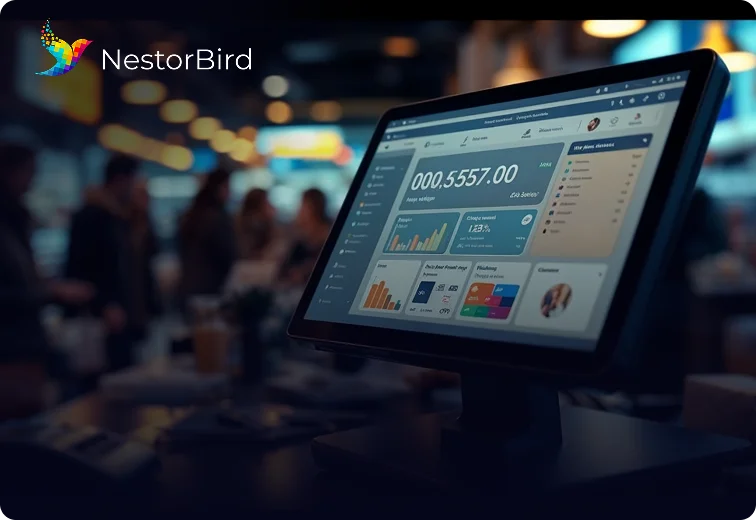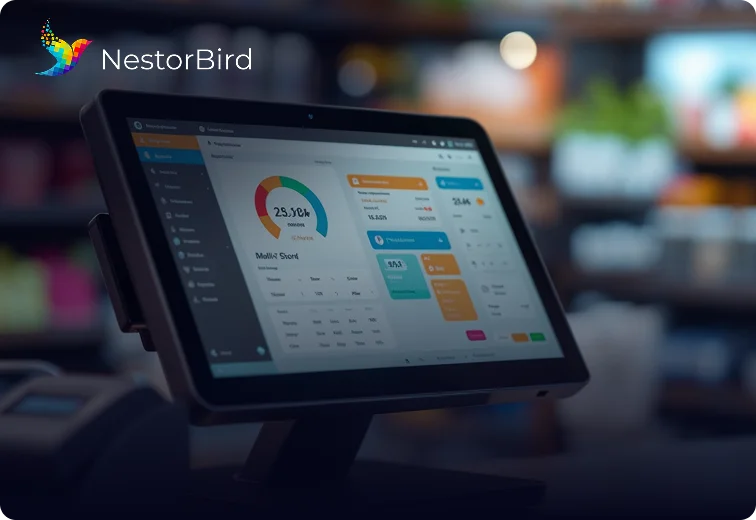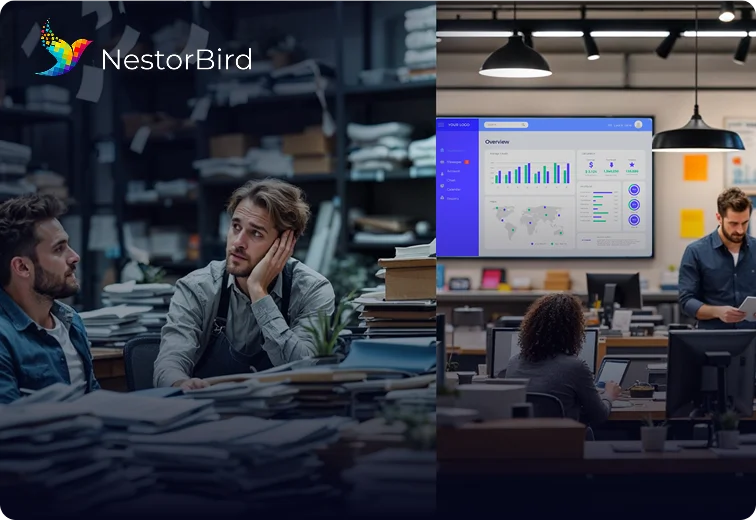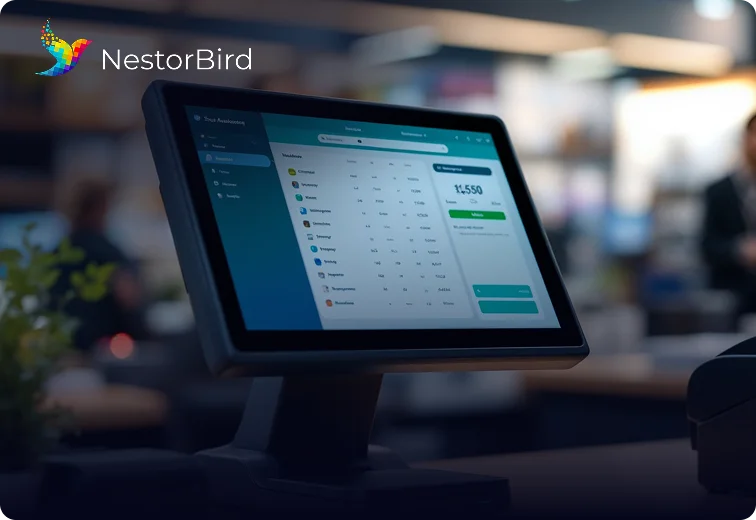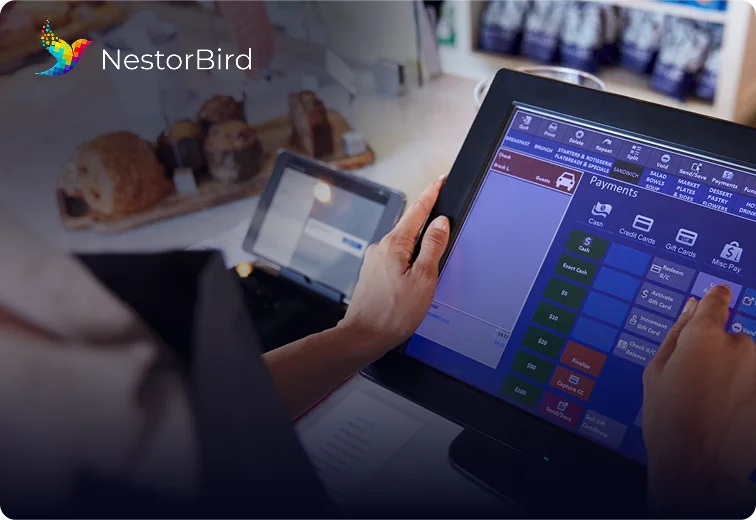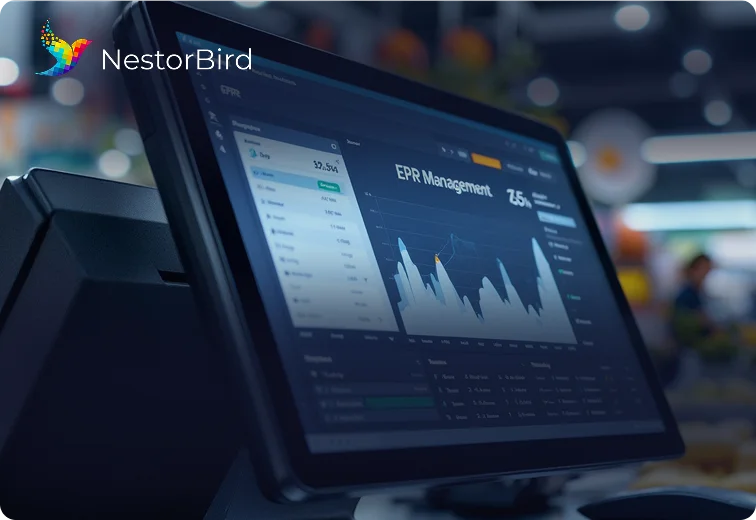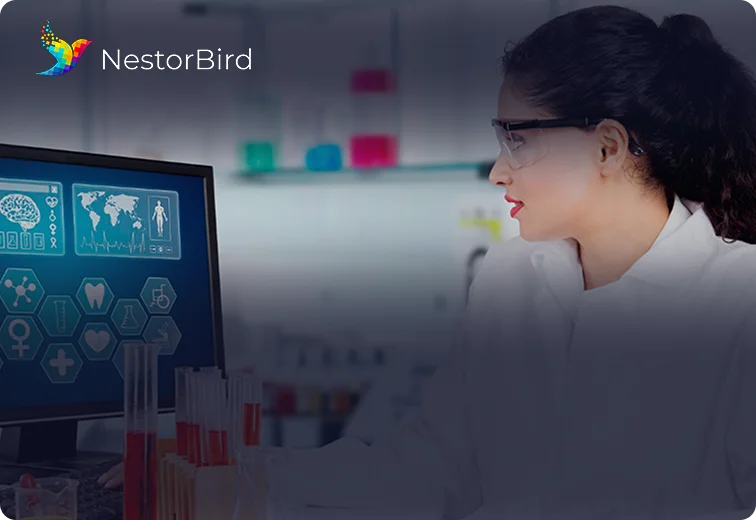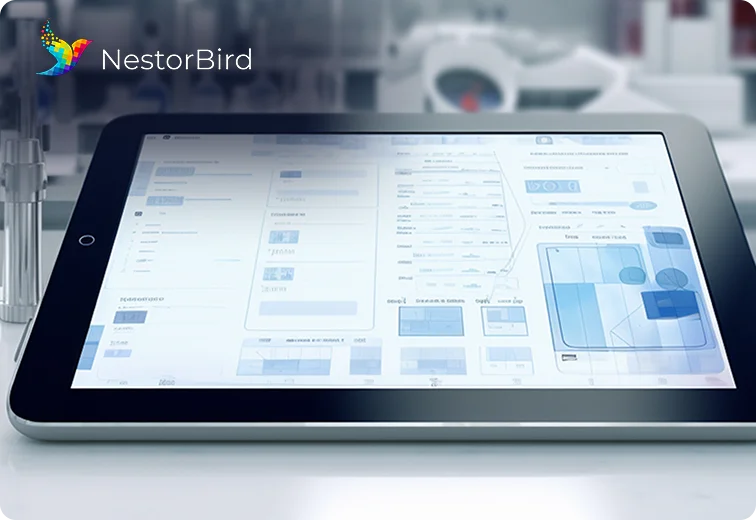Quick Summary
ERP software for non-profit organizations offers many benefits, including better financial management, improved donor engagement, and streamlined operations. By using this software, non-profits can work more efficiently, reduce errors, and focus on their mission. Overall, ERP solutions help organizations achieve their goals and serve their communities effectively.
Table Of Contents
Introduction
Non-profit organizations often struggle and face various challenges in managing their resources, finances, and donor relationships effectively, which can make it difficult for them to focus on their mission. But if they have a proper and high performance system in place like the ERP software for nonprofits organizations can efficiently maintain and manage various tasks. It helps streamline operations, improve financial management, and enhance communication with donors. In this blog, we will explore the 7 benefits of ERP software for non-profit organizations and how it can help them achieve their goals more effectively.
Key Takeaways
ERP software helps non-profits manage finances more effectively.
It improves donor relationships and enhances fundraising efforts.
Automation reduces errors and saves time on administrative tasks.
Real-time reporting supports better decision-making and planning.
Cloud-based systems allow easy access to data from anywhere.
Improved Financial Management
One of the main benefits of using ERP software for non-profit organizations, is that it provides them with an improved financial management. This software automates important tasks like invoicing, tracking payments, and managing expenses. By doing this, it saves time and reduces mistakes. It also gives real-time financial information, which helps organizations create better budgets and make smart decisions.
With accurate data from the system, non-profits can see how much money they have and where it is going. ERP systems also help ensure that non-profits follow donor rules and legal requirements, making it easier to stay compliant and build trust with supporters, which in turn makes managing money simpler and more effective.
Enhanced Donor and Fundraising Management
Since fundraising is an important and integral part of non profit organization management, it is helpful for the organizations to choose an efficient ERP for nonprofits. This software creates a central place to store all donor information, which helps non-profits manage their relationships better. It tracks donations and looks at donor behavior, allowing organizations to create focused fundraising campaigns that appeal to specific groups.
With this information, non-profits can properly and efficiently communicate more personally with donors, making them feel valued and appreciated. So, by sending these tailored messages and updates, organizations can increase donor engagement and encourage more support for better relations. ERP systems help non-profits build stronger connections with their donors and improve their fundraising efforts.
Streamlined Operations and Reduced Errors
The nonprofit ERP software can help automate many repetitive tasks, which means less manual data entry is needed when it comes to the operations and functioning of the workings of non profit organizations. This helps to reduce mistakes and saves time with streamlined operations and reduced errors. With a centralized system in place, all data is stored in one place, which minimizes data duplication and confusion. This makes it easier for everyone in the organization to access the information they need. Non profit ERPs improve efficiency by connecting different workflows, allowing teams to work together smoothly. As a result, non-profits can operate more effectively and focus on their mission instead of getting stuck with mundane administrative tasks.
Better Resource Allocation
When you use ERP for non profit organizations, it helps non-profits use their resources more wisely by giving clear insights into how well their programs are performing. By understanding what works best, organizations can make smart choices about where to focus their efforts. ERP systems also reduce overhead costs by automating many administrative tasks, which saves time and money. This allows non-profits to allocate funds more effectively to areas that have the biggest impact. So, nonprofit ERP software helps organizations make sure that their resources are used in the best way possible to support their mission and goals.
Real-Time Reporting and Analytics
When non profit organizations use ERP solutions, it provides them with an efficient and fool proof way to understand the analytics and reports about their operations and functioning. The non profit ERP software for non profit can easily create and maintain detailed financial reports that help with planning and strategy.
With real-time data, non-profits can see how their operations are doing at any moment, which helps them make better decisions, and this visibility allows organizations to quickly identify issues and opportunities. ERP for non profit organizations improves forecasting accuracy by providing detailed analytics about past performance and trends, so that non-profits can predict future needs more effectively. This efficient and correct real-time reporting helps organizations stay informed and make smart choices to support their mission.
Enhanced Compliance and Transparency
Non profit organizations also have to follow and comply to various regulatory requirements, and provide a high level of accuracy in them. This software helps maintain accurate records, which is essential for meeting regulatory requirements and preparing for audits. By creating clear workflows within different departments, nonprofit nonprofit ERP system promotes accountability and allows everyone to see how tasks are completed.
This openness builds trust with donors and stakeholders. ERP software for nonprofits includes internal controls designed to prevent fraud and safeguard the organization’s resources. With these features, non-profits can operate more transparently and efficiently, ensuring they comply with laws and maintain a strong reputation in the community, which simplifies compliance and increases trustworthiness.
Check out how training matters when implementing ERP for your business.
Scalability and Long-Term Sustainability
As the non profit organization welcomes growth and scalability, the ERP system also should allow it to adapt to changing needs. This software is designed with flexible modules that can grow with the organization, as non-profits expand their programs or services, the ERP system can easily adjust to support that growth.
Some organizations choose nonprofit ERP systems that are cloud-based, which means staff can access important information from anywhere, making remote work easier. This flexibility helps organizations respond to new challenges and ensures they can operate effectively over the long term. By using ERP software, non-profits can maintain their focus on their mission while being prepared for future changes and growth.
Conclusion
ERP software for nonprofits offers many benefits for non profit organizations. It helps improve financial management, enhances donor relationships, and streamlines operations. By using ERP systems, non-profits can work more efficiently and effectively, allowing them to focus on their important missions. Implementing and using ERP software is a smart choice that can lead to greater success for non-profit organizations in achieving their goals and serving their communities.
Frequently Asked Questions
You can look for some key features in ERP for non profit organizations like financial management, donor relationship tools, project tracking, reporting capabilities, cloud accessibility, and scalability.
These are the benefits of nonprofit ERP, and possible by automating repetitive tasks and integrating workflows, which reduces manual work and administrative overhead, saving time and money.
Yes, they can easily track grant funds, monitor spending against grant conditions, and generate reports with a good ERP software for nonprofits to ensure compliance with grant requirements.
No, it is a fairly easy process, and implementation can take time, but is manageable with proper planning and support from experienced vendors who understand non-profit needs.
Cloud-based nonprofit ERP software allows remote access to data, supports collaboration across locations, reduces IT infrastructure costs, and ensures data security.


